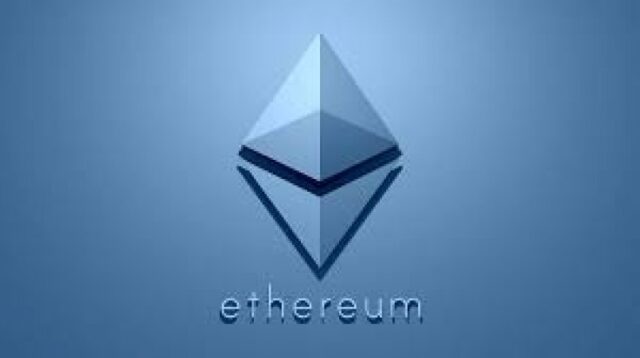On June 6, 2024, Ethereum protocol developers participated in a virtual All Core Developers Execution (ACDE) Call #189, led by Ethereum Foundation (EF) Protocol Support Lead Tim Beiko. These bi-weekly meetings serve as a crucial platform for collaboration and decision-making regarding changes to the Ethereum execution layer (EL).
This article delves into the key discussions that transpired during the call, including the upcoming Pectra upgrade, Ethereum Improvement Proposals (EIPs), and improvements to the network upgrade process.
Pectra Upgrade in Focus
The Pectra upgrade emerged as a central theme of the call. Discussions revolved around the scope of the upgrade, with most client teams, except Geth, advocating for the inclusion of EOF (EOF: Extend Opcode Functionality). However, Geth developer Guillaume Ballet voiced concerns about potential delays in the Verkle tree transition, a critical upcoming upgrade for scalability. Rebutting this concern, Reth’s Dragan Rakita emphasized the minimal delay and the significant benefits of EOF for the Ethereum Virtual Machine (EVM).
To achieve a balance, Beiko proposed bundling EOF with other Pectra EIPs for a unified client release. He further suggested leveraging devnets for staged testing, allowing developers to prioritize testing efforts and make informed decisions about separating EOF later if necessary.
Related Post: Digital Asset Inflows Surge in May, Ethereum (ETH) Sees Positive Sentiment Shift with SEC ETF Approval
Pectra Specifications and Verkle Tree Preparations
Teku developer Mikhail Kalinin presented updates on existing Pectra EIP specifications. A noteworthy proposal involved processing EL-triggered consensus layer (CL) requests through a sidecar mechanism. However, this proposition was withdrawn due to potential clashes with future code changes like enshrined proposer builder separation (ePBS).
Kalinin also proposed alterations to EL and Engine API specifications for Pectra, including enabling EL-triggered consolidations under EIP 7251. Beiko recommended reviewing these changes before the next ACDE call to solidify them for Devnet 1 testing.
Verkle tree readiness was also addressed. Ballet expressed concerns regarding potential issues with EIP 158, drawing parallels to the deprecated SELFDESTRUCT opcode. To mitigate these complications, he proposed deactivating EIP 158 in the Pectra upgrade. Beiko suggested formulating a proposal for this deactivation while considering the implementation timeline for EIP 7702.
EIP 4444: Reducing Block History Storage
The conversation shifted towards EIP 4444, which aims to minimize block history storage requirements on nodes by discarding non-consensus-critical data after a predefined period. The Portal Network emerged as a potential alternative for querying Ethereum’s historical data. Merriam, representing the Portal Network team, offered assistance to EL client teams for integrating the network, underlining the significance of collaboration for efficient progress.
Streamlining the ACD Process
Beiko proposed improvements to the network upgrade process. Firstly, he suggested reducing discussions on topics that haven’t received thorough review from client teams. These topics would be flagged for initial review and subsequently addressed in detail during later calls. Secondly, he recommended implementing a new label, “Proposed for Inclusion” (PFI), to effectively categorize EIPs likely to be incorporated into a hard fork.
Enhancing Communication and Collaboration
EF DevOps Engineer Mario Vega proposed establishing a dedicated Discord sub-channel for sharing testing updates. This initiative aims to consolidate information currently scattered across multiple channels. Client teams were invited to provide feedback on this proposal.
Conclusion
The ACDE Call #189 concluded with Beiko reminding developers of two upcoming breakout meetings: one focused on ePBS on June 7th and another centered on PeerDAS on June 11th. For a comprehensive record of the call, refer to the full writeup available on Galaxy.com.





